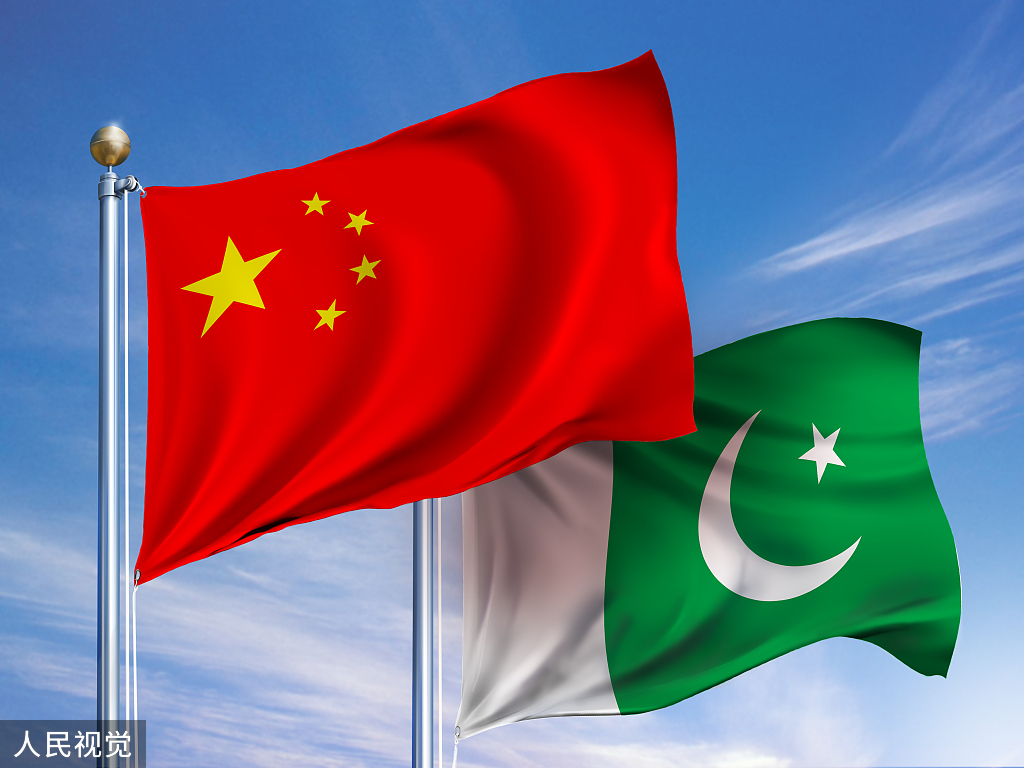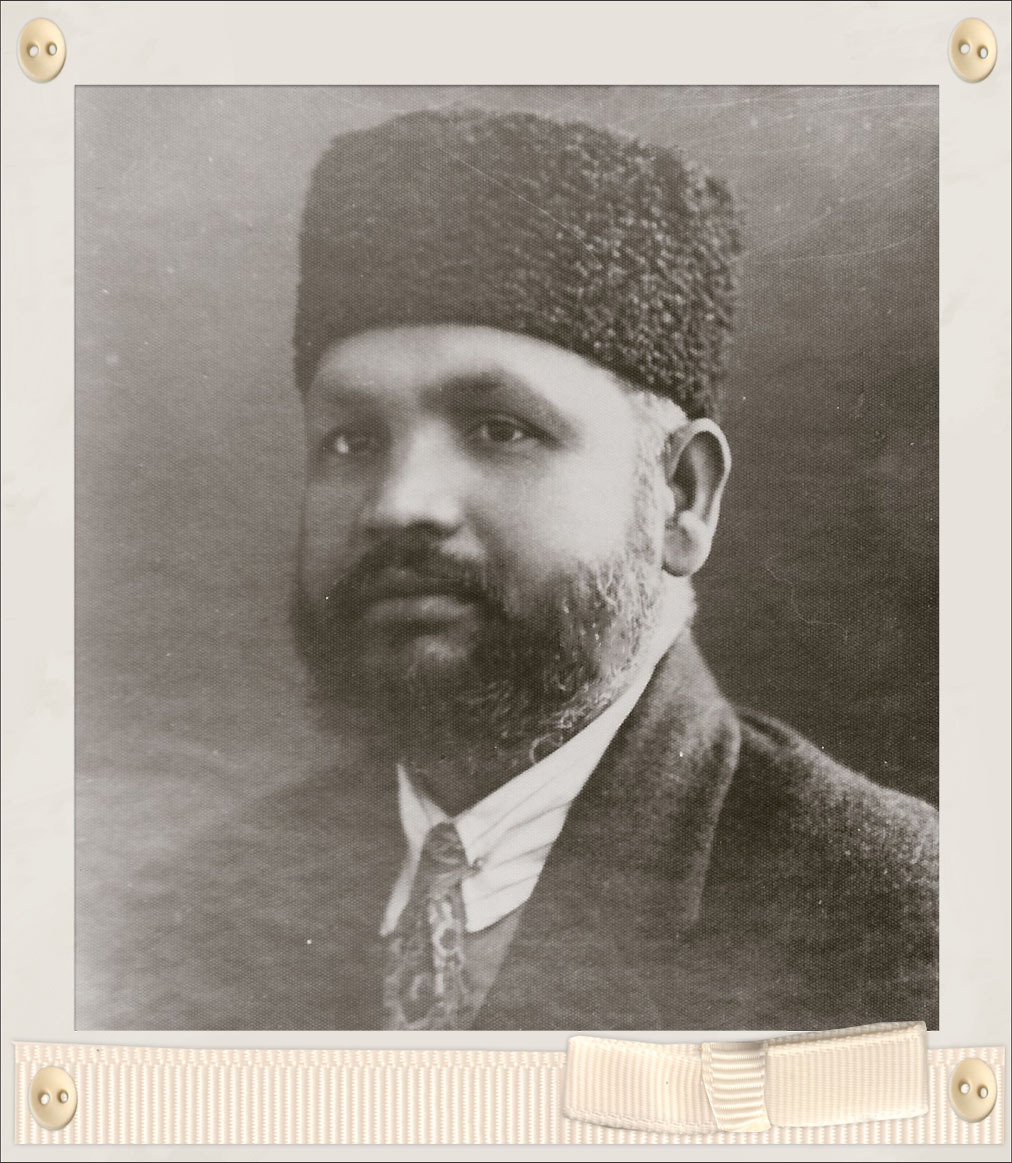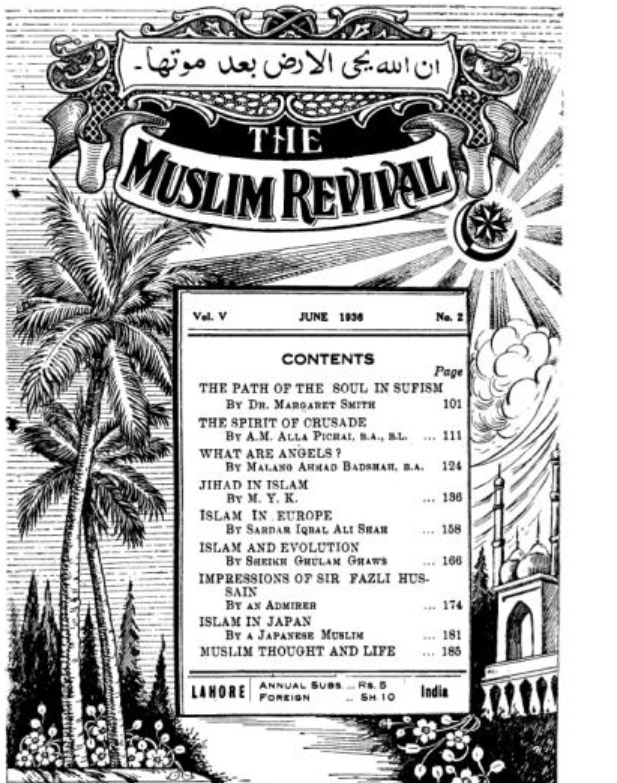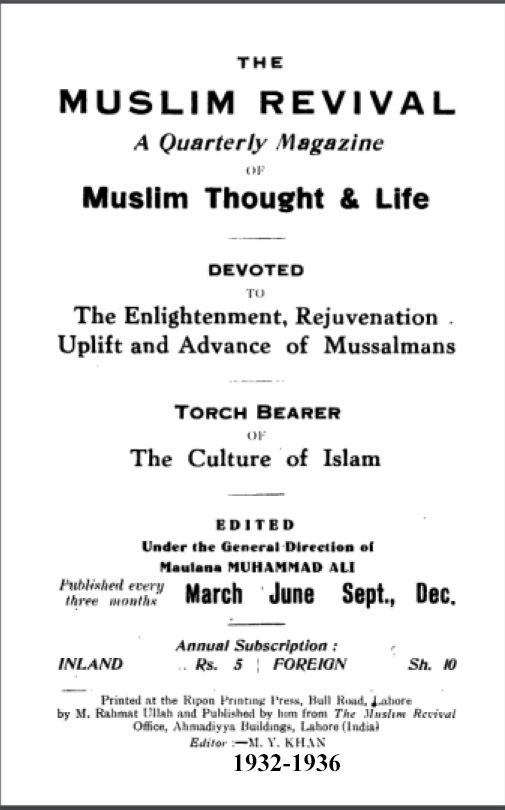FOREIGN POLICY IN ISLAM
PRIME Minister Chou En-lai’s visit, and the new link of friendship it has forged between such two close neighbours as Pakistan and China, for the first time since the birth of this country, underlines a major shift in Pakistan’s foreign policy in the direction of bringing it closer to the spirit of the Islamic teaching, which enjoins scrupulous adherence to the dictates of justice in international affairs, even at the cost of swallowing national pride and sacrificing national interest. The Quran’s categorical directive, demands:
يٰٓاَيُّهَا الَّذِيْنَ اٰمَنُوْا كُوْنُوْا قَوَّامِيْنَ لِلّٰهِ شُهَدَاۤءَ بِالْقِسْطِۖ وَلَا يَجْرِمَنَّكُمْ شَنَاٰنُ قَوْمٍ عَلٰٓى اَلَّا تَعْدِلُوْا ۗاِعْدِلُوْاۗ هُوَ اَقْرَبُ لِلتَّقْوٰىۖ وَاتَّقُوا اللّٰهَ ۗاِنَّ اللّٰهَ خَبِيْرٌۢ بِمَا تَعْمَلُوْنَ
(Al-Ma’idah – The Table Spread 5:8)
“Let not the behaviour of a people make you deviate from the path of justice! Keep to the path of justice! That (more than any other consideration) is nearer the (standards) of uprightness.”
China has been the victim of great injustice and treated as an outcast in the comity of nations, being denied the elementary right to be represented by the United Nations Organisation. Her sin has been not that she is a communist country. Russia is a communist country too, but she dominates the whole show in that body. China’s only sin has been that she is a “coloured” country, and that is what made her a red rag to the White man’s domination, which the U. S., in her judgment, symbolises. In refusing to toe this anti-China American line and foster good-neighbourly relations with China, Pakistan has only acted up to the spirit of the Islamic code of international relationship.
Credit or this truly Islamic vision goes, ironically, not to any religious leader erudite in scriptural lore, but to one whom they for ends of their own, paint as a “modernist” whose leadership is making the country drift away from the Islamic way.
The Qaid-i-Azam, in his own day, was opposed by the whole body of the Ulemma on the grounds that he was not equipped with theological book-learning. But the fact remains that God chose him to be the deliverer of a hundred million Muslims and the creator of the largest Muslim state. The reason was that book-learning, and the spirit of the Islamic message are two different things. Book-learning, shorn of the underlying spirit, is compared in the Quran to assess carrying a load. More often than not, it becomes the biggest barrier in the way of getting at the spirit.
This disparity between the letter and the spirit of the law of Islam was best highlighted during the Pakistan struggle by Iqbal’s retort to the leading-most theologian of the day, who, on the strength of his scriptural lore opposed the ‘poet’s Pakistan dream as un-Islamic. Mark the poet’s biting stricture on the kind of book-learning, which is the stock-in-trade of our theologians:
سرود بر سر منبر کہ ملت از وطن است
چہ بے خبر ز مقام محمد عربي است
(Armaghan-e-Hijaz – 42)
Sermonising from the pulpit that nationhood consists in a common country!
How ignorant of the true mission of the Prophet of Arabia!
President Ayub, despite the theologians’ ravings, has shown truly Islamic insight in putting Pakistan’s foreign policy on a right Islamic keel in forging friendly links with a great neighbouring country. This recapturing of the spirit of Islamic teaching has with a single stroke pushed Pakistan’s stock up in the world, raising her from the position of a non-entity in international counsels to that of a Power already well on the way to playing a decisive role in promoting world peace.
The bold stand of President Ayub Khan, by the Islamic code of justice in international affairs, has made a deep impact on inter-bloc politics and already he is emerging as a new figure and a new force in the Afro-Asian comity of nations, replacing, even eclipsing the image of Nehru, till recently looked-up to as the key-man in South-East Asia. Already the eyes of the world are turned from New Delhi to Rawalpindi to blaze the path towards a rapprochement between America and China, and for that matter towards world peace.
If world peace is not to remain a pious word for politicians to juggle with, if the world is ever to advance towards that great objective, it can only be through the Quranic code of international relationship, quoted above – a relationship based on the bedrock of scrupulous justice in all dealings. Pakistan’s new China policy has certainly set the ball rolling in that direction and marks the first step towards the fulfilment of Islam’s true mission as a peacemaker between man and man, and nation and nation. Islam, as a Divine dispensation, has a big role to play in the making of the new world. That great opportunity was all these years frittered away in futile doctrinal hair-splitting. To President Ayub goes the credit to have rescued the country from that vicious circle, and directed its Islamic heritage towards grappling with the concrete problems with which modern man is confronted. That way lies the future both of Pakistan and the fulfilment of the destiny of Islam which it symbolises.
M.Y.Khan
(The Light – March I, 1964)




